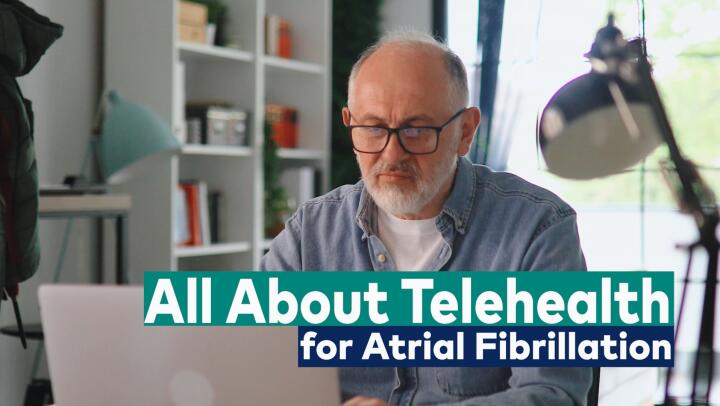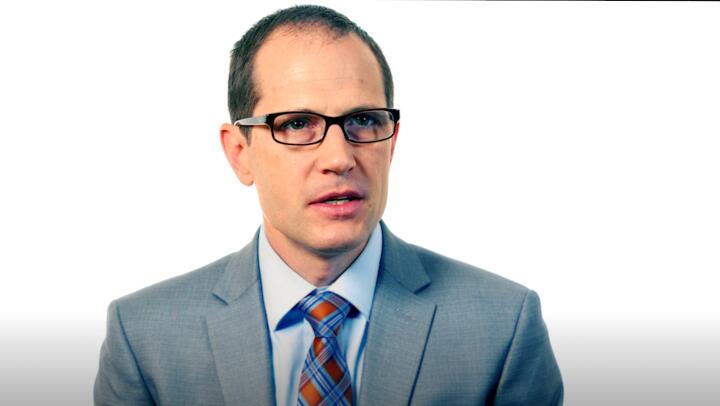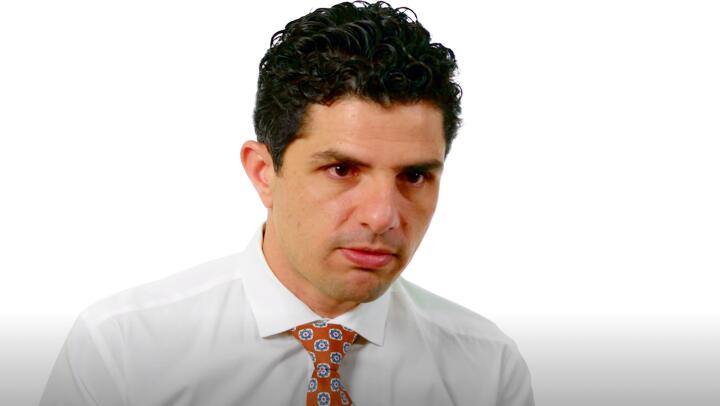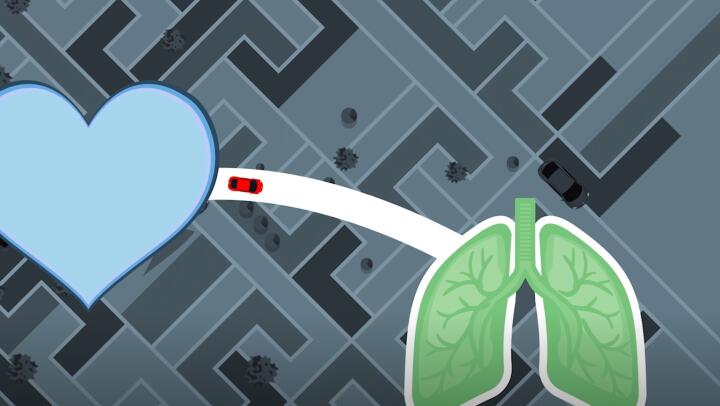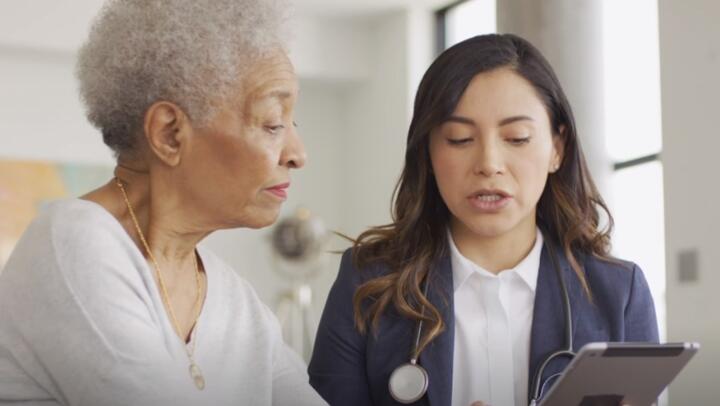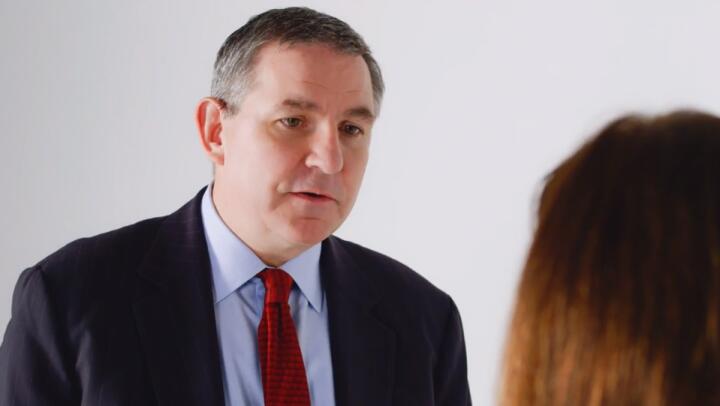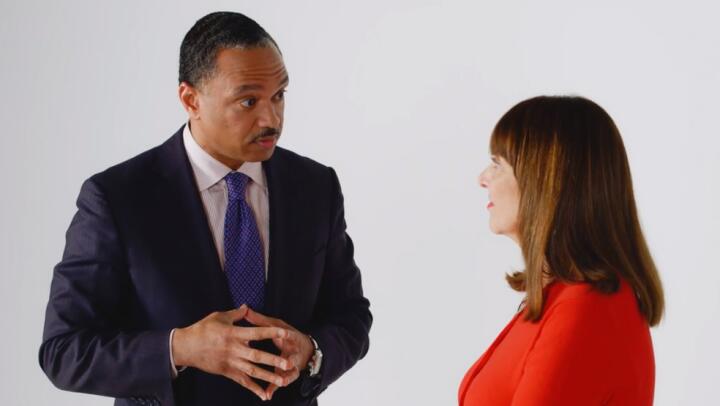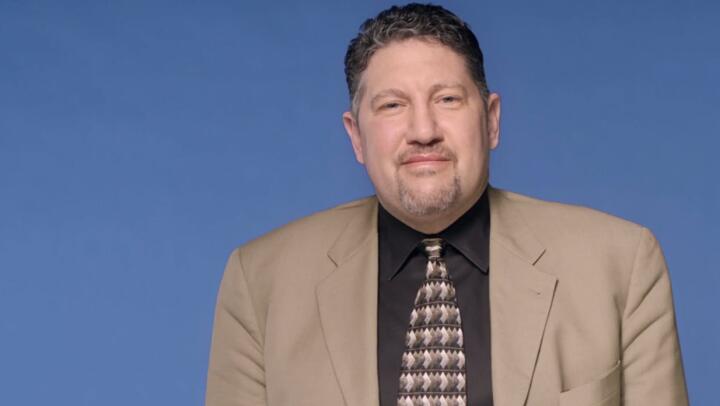
Atrial fibrillation, also called afib, is a type of arrhythmia, or irregular heartbeat. Symptoms of afib can be scary and range from mild to severe. Afib can worsen over time and put you at greater risk for other health problems, including stroke or heart failure. It’s important to take steps to manage this serious condition.
At first, afib symptoms may be more frightening than dangerous. You might feel a fluttering in your chest, dizziness, or as though you're about to faint. You may also experience anxiety, shortness of breath, or confusion. These symptoms are usually not life threatening, but they can be worrisome. Be sure to call your health care provider if you have any symptoms related to afib. A prompt diagnosis is essential in keeping you healthy.
One of the greatest dangers of afib is that it’s a major risk factor for other health problems. The most dangerous of these is stroke. If your afib goes untreated, your stroke risk increases by 4 to 5 times. Roughly 15% to 20% of all people who have a stroke had atrial fibrillation first.
Strokes are more common with afib for a simple reason. The fluttering of your heart from afib causes blood to pool in the atria. When blood pools, a blood clot can form. If this clot breaks loose and travels to your brain, a stroke can occur. So, in addition to your afib medication, taking blood-thinning drugs can reduce your stroke risk.
Stroke isn’t the only complication of atrial fibrillation. Over time, afib may keep your heart from pumping enough blood to meet your body’s needs. This can result in heart failure.
Some of the symptoms of afib can feel like a heart attack. These symptoms include chest pressure and tightness. It’s very important to take these symptoms seriously and get emergency medical care.
For overall heart health and to help manage afib, follow healthy lifestyle advice. This includes eating a healthy diet, maintaining a normal weight, getting plenty of exercise, and managing your blood pressure, if it's high. You should also avoid binge drinking.
If you have afib, stay under your health care provider's care and follow his or her advice. Treating afib properly is the key to preventing dangerous complications, such as stroke or heart failure.
Atrial fibrillation can lead to dangerous complications, especially if it’s not properly treated.
Stroke and heart failure are the two most dangerous health problems related to afib.
- A heart-healthy lifestyle and following your health care provider's advice on managing afib can help prevent these problems.




